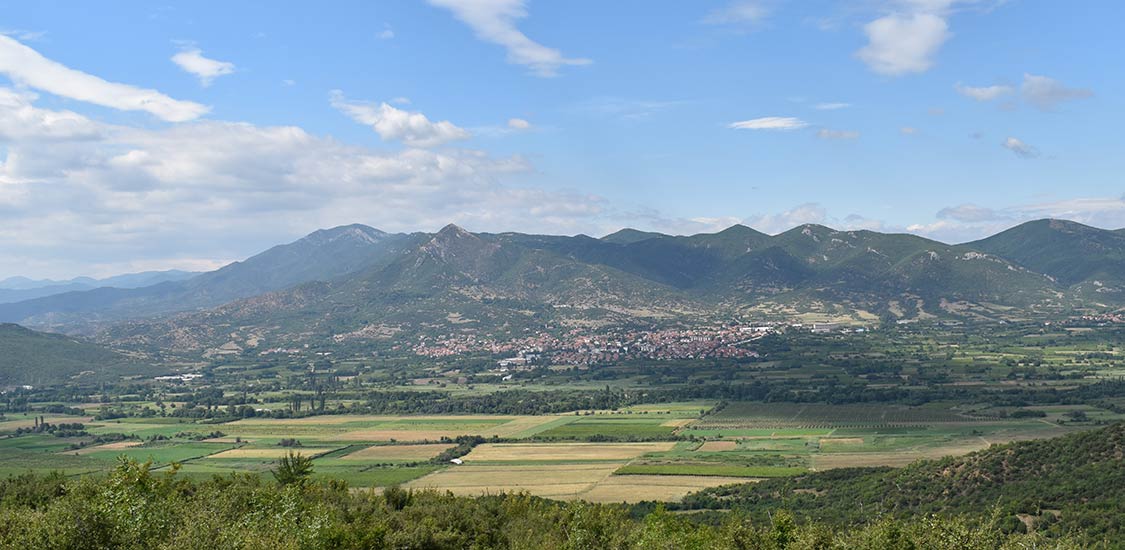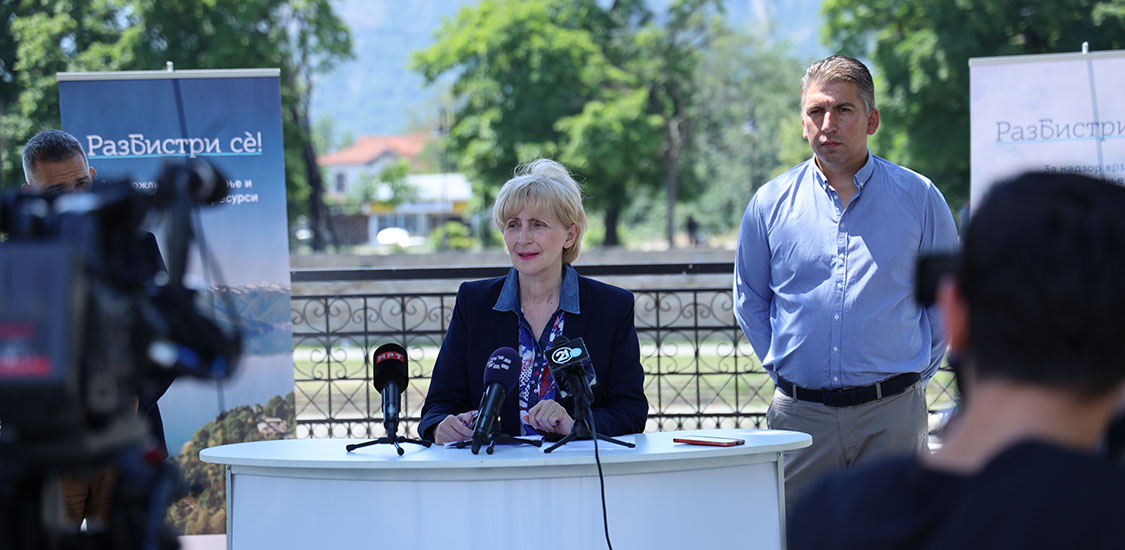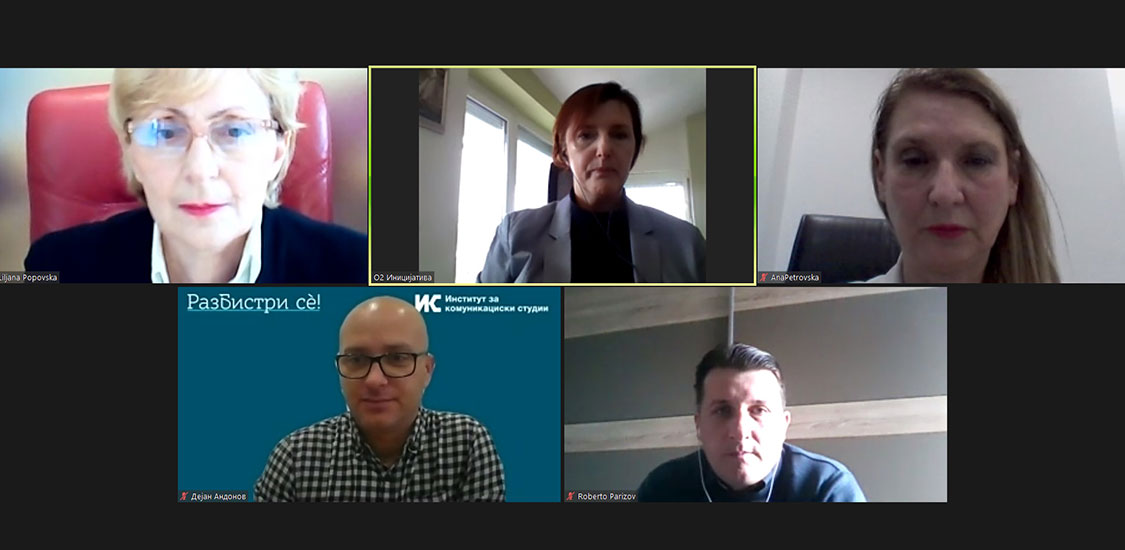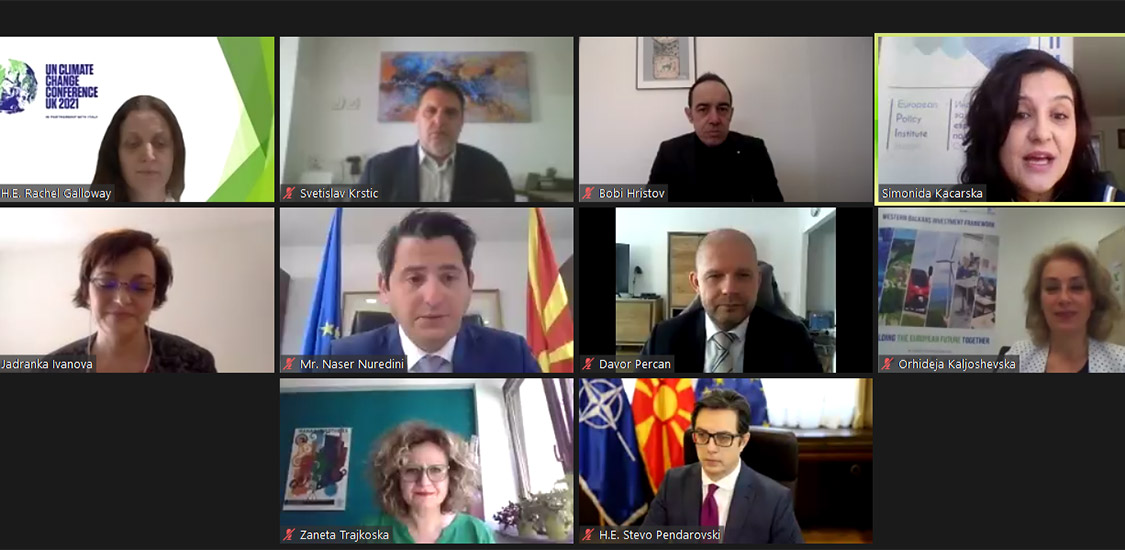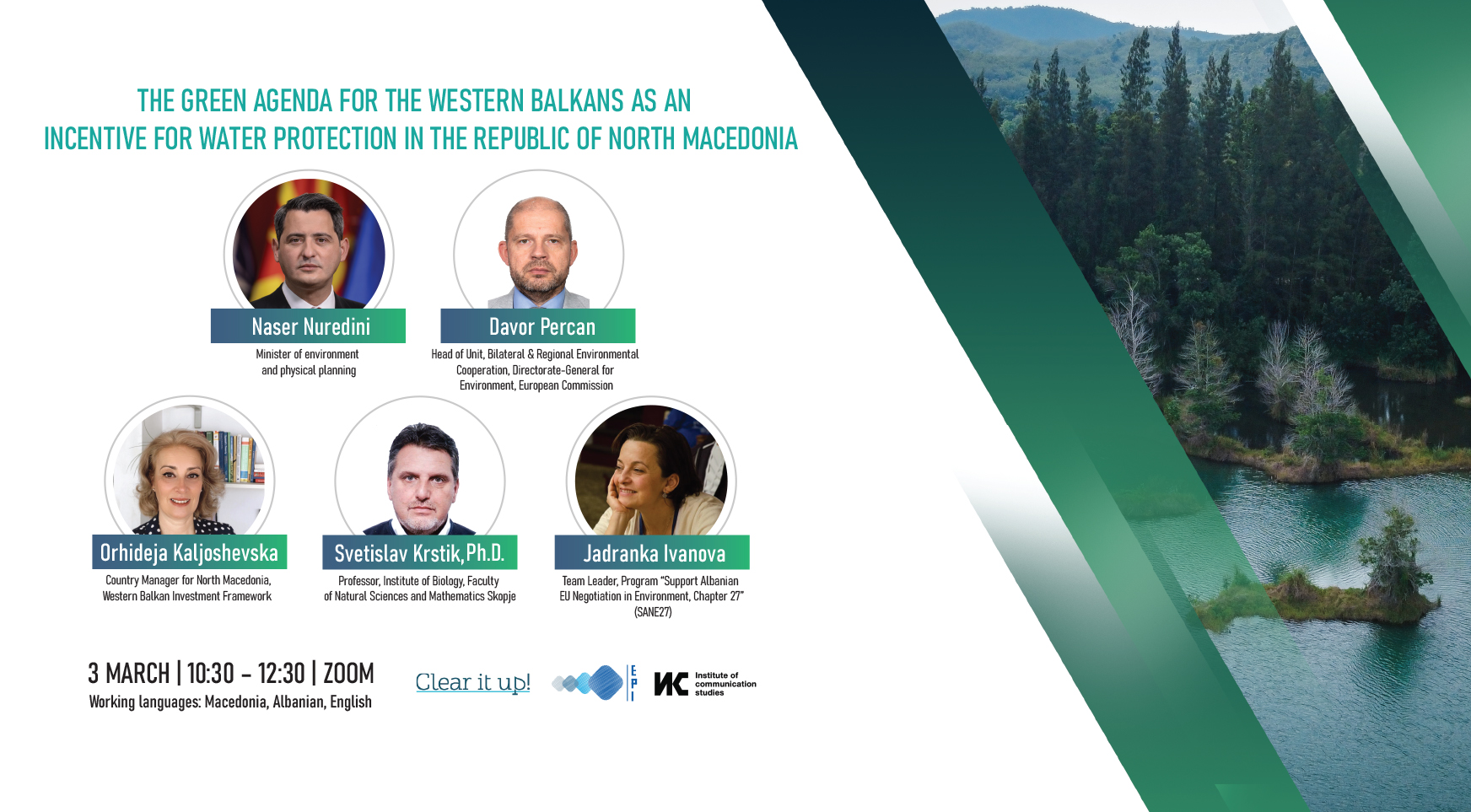Environmental inspections to improve accountability to citizens
State inspectorates with environmental competencies merely adhere to the prescribed legal minimum for informing the public and do not provide sufficiently substantial information about their work and the complaints submitted by citizens. They do not make public presentations of the semi-annual reports on the achieved results every six months. This is shown by the assessment of transparency and accountability of environmental inspectorates made by CED Florozon, in collaboration with the Institute of Communication Studies as part of the "Clear it Up" campaign. The assessment refers to the State Inspectorate of Environment (SEI), the State Inspectorate for Forestry and Hunting (SIFH), the
ICS partners with Rome Business School
ICS is delighted to announce a new partnership with Rome Business School (RBS), one of the world’s leading business education institutions. The partnership will support ICS’s ambitious international strategy to provide world-class education and professional opportunities to its students and staff.
A series of remarks on the draft Law on Inspection Supervision in the Environment
The Civil Inspection Council (GIS) identified a number of remarks on the Draft Law on Inspection Supervision in the Environment, which was published by the Ministry of Environment and Physical Planning, and demands to be involved in a working group for finalization of the draft text of law.
Civic Inspection Council established for effective pollution control
A group comprised of 26 NGOs, CSOs and higher education institutions advocating for environmental protection, in cooperation with the State Environmental Inspectorate (SEI), formed a Civic Inspection Council (CIC). CIC was established in response to the need for more efficient cooperation between SEI and civil society and citizens, as a central institution for control and penalizing pollution and environmental destruction.
Water should be protected from a more far-reaching and long-term perspective, so we don’t lose it
An investment of approximately 1.7 billion euros is needed to treat urban wastewater, which is now discharged directly into rivers, lakes and soils. Water is a resource that is consumed indefinitely, and for years the competent institutions have not had a real insight into the quality and quantity of waters in North Macedonia.
Virtual Conference “Green Agenda for the Western Balkans as an Incentive for Water Protection in North Macedonia”
The acceleration of the pace of economic growth and development was accompanied by environmental degradation in North Macedonia but also in the countries of the region. The economic and investment plan, together with the Green Agenda for the Western Balkans, set out the Green Transition Strategy for the countries in the region.



